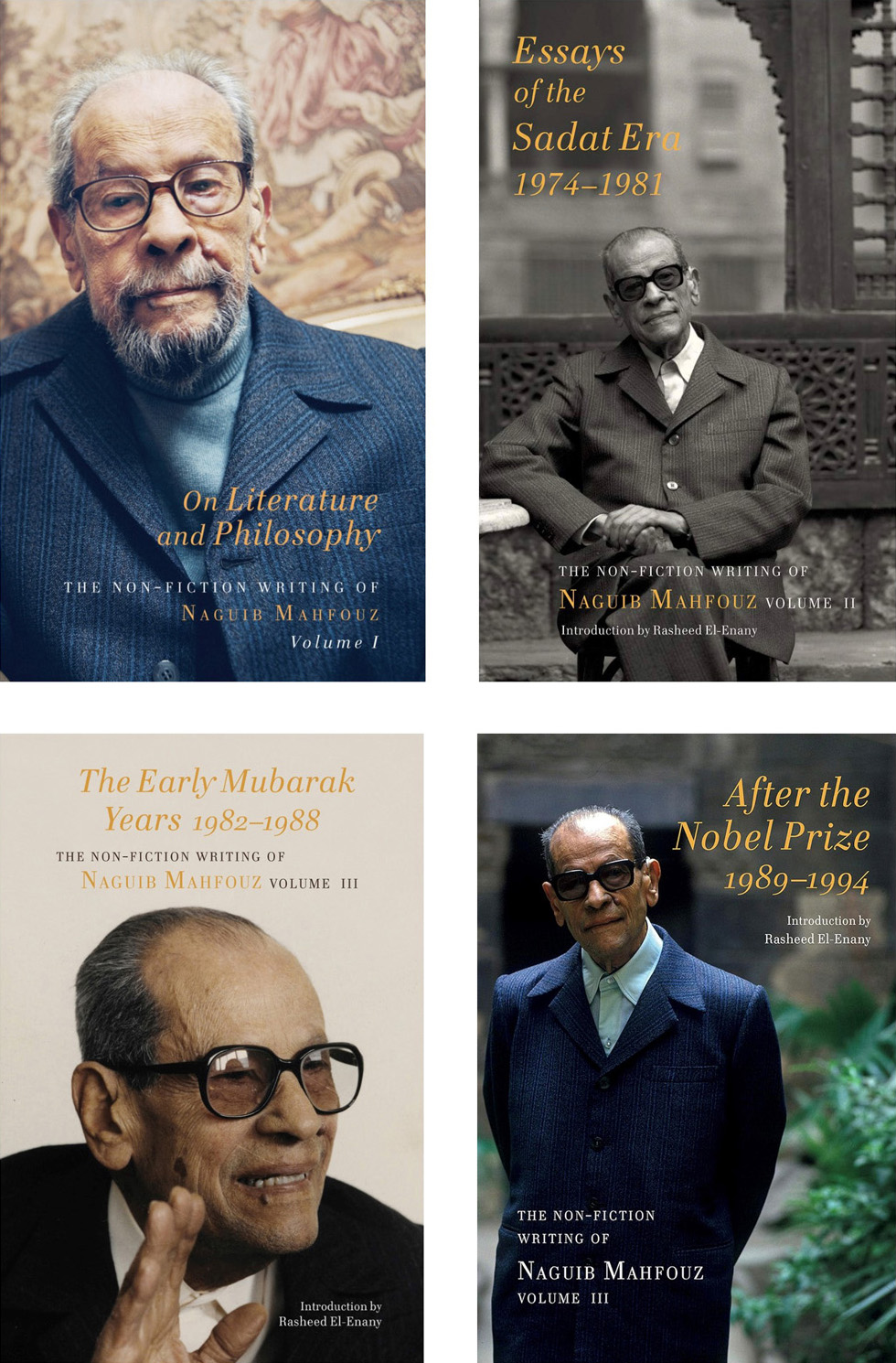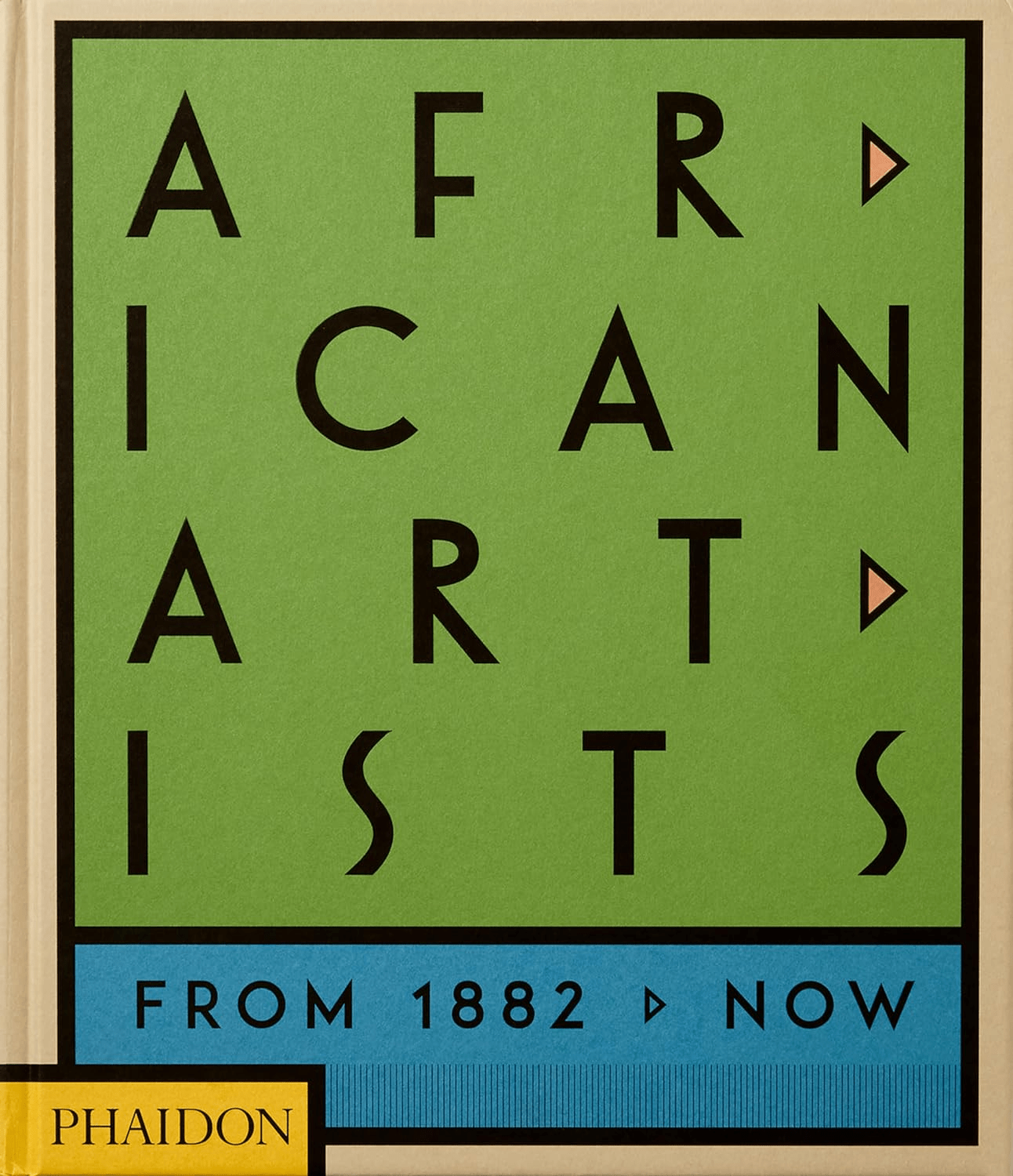
The Nonfiction of Naguib Mahfouz, Volumes II-IV
Dianna Wray
Naguib Mahfouz. Aran Byren, tr. (I) Russell Harris, tr. (II, III), R. Neil Hewison (IV).
Ginko, 2016, 2017; 2020; 2020.
“Politics is in everything I write. … [I]t lies at the heart of all of my thinking,” famed Egyptian novelist Naguib Mahfouz once noted. Mahfouz tended to be more subtle in his fiction, favoring nuanced portrayals that focused on how his characters handled events political and personal in their world, but this contention is clear in the first English translations of his nonfiction writings from 1974 to 1994 in the recently published second, third and fourth volumes of Ginko’s series of his collected nonfiction.
Mahfouz was a fascinating man. Born in 1911 into a lower middle class Muslim household in Cairo, he started publishing his fiction in 1938. He would go on to produce 35 novels, 350 short stories and multiple screenplays over the course of a 70-year career to great acclaim, and all the while he kept his civil service position, only leaving the job when he retired in 1971, Rasheed El-Enany, a professor emeritus at the University of Exeter’s Institute of Arab and Islamic studies, notes in volume two’s introduction. (A specialist in modern Arabic literature, El-Enany provides an in-depth essay on Mahfouz to open each volume of the collection.)

Upon Mahfouz’s retirement, the writer continued his regimen of writing one hour each day, but in 1974 he also joined the editorial staff of the daily state-owned newspaper, Al-Ahram to produce op-ed essays for a weekly column, Wijhat nazar (a point of view). Although these essays were more immediate responses to the goings-on of the world,
Mahfouz continued to train his focus on Egyptian daily life and Egypt’s continuing development through the final years of the 20th century, the main concerns he dealt with in his fiction. Once a week, for the next 20 years, readers could open the newspaper and get Mahfouz’s take on everything from food quality to election law changes to the complexities of international politics, all offered in concise, readable bites of a few hundred words.
“If problems have piled up and are out of reach of solutions, if it is too difficult to remove the gloom of frustration by means of sincere hard work alone, then people must take a new look at their situation.”
—From The Early Mubarak Years (1982-1988)
Translated into English by Russell Harris for volumes two and three, and by former assistant editorial director of American University in Cairo Press R. Neil Hewison for volume four, and presented chronologically, these three volumes of Mahfouz’s nonfiction hold every Al-Ahram column he produced. As such, the books offer a fascinating insight into how the writer processed and responded to the sometimes-tumultuous events his country faced during these times, from the final years of Anwar al-Sadat’s presidency to the early years after Hosni Mubarak came into power.
This was a creatively fulfilling time for Mahfouz as his international acclaim grew, leading him to become the first Egyptian and the first native Arabic-speaking writer ever awarded the Nobel Prize for Literature, in 1988. All the while he was diligent about his column, often filing his pieces weeks ahead of time. Mahfouz’s early filing habit led to an abrupt, sickening end to both his column in its original format and the fourth nonfiction volume. On October 14, 1994, a young man approached Mahfouz as the novelist was entering a car and stabbed him in the neck. Mahfouz nearly died and the injury severed nerves controlling his writing hand, but his column continued to run through the end of the month.

Unable to write after the attack, Mahfouz put the column on hiatus while he spent months working to regain the use of his hand. Ultimately, he ended the column in its original format. Going forward, the newspaper would send a journalist to interview him and transcribe what Mahfouz would say.
Although Mahfouz emphasized his love of politics, it is his clear-eyed understanding and love of people that comes through in this collection. Mahfouz’s fiction production had slowed by the 1990s, but his ethos still blazed through in his columns. In the weeks before the attack, Mahfouz’s columns were as wide-ranging as they’d always been, tackling everything from extremism to Hailey’s Comet.
Two days before he was attacked, Mahfouz urged readers to face their fears and their problems with honesty, but he also offered hope.
“It is a world replete with offensive things, and it is rare to come across something pleasing,” he acknowledged.
But still, he urged people to continue looking for what the good life has to offer even while contending with the bad.
“Open your newspaper, and do not despair of taking in what is better and brighter,” he writes.
In the end, it is this belief, laced through his vivid depictions of his beloved Cairo in both fiction and nonfiction, that sets Mahfouz’s writing apart. His unerring faith in humankind’s capacity to continue to grow, change and become better than whatever they’d been before. While these books are clearly must-reads for anyone looking for Mahfouz’s take on the world as he understood from his vantage point in Cairo, it’s the way this work shows us who Mahfouz was at his core that sets this collection apart.
You may also be interested in...

A Century of African Art, in 300 Voices, All in One Book
From Cairo to Khartoum to Casablanca, this volume traces how African artists have shaped—and reshaped—modern art over the past century.
Book ‘s Take on Mangos Serves Up a Curious Mix of Food and History
Constance L. Kirker and Mary Newman trace mango’s cultural and culinary significance around the world.